1755-64: Perfectibilists
By:
May 12, 2013
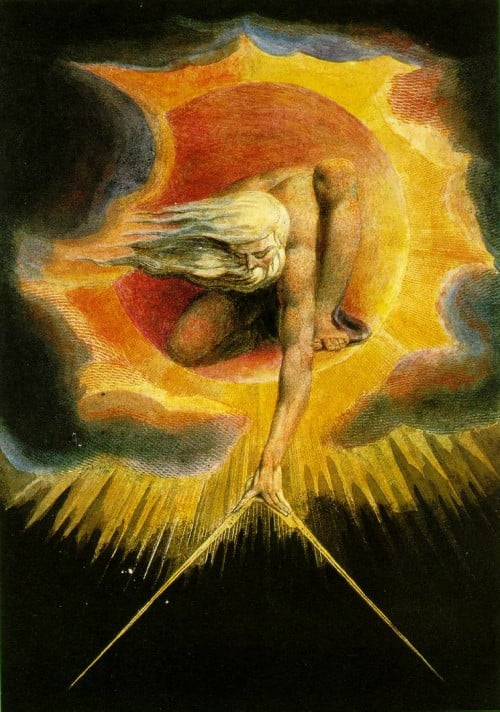
Men and women born from 1755-64 were in their teens and 20s during the Seventeen-Seventies (1775–84, not to be confused with the 1770s), and in their 20s and 30s during the Seventeen-Eighties (1785–94, not to be confused with the 1780s).
The Perfectibilists are a transitional generation whose members made their mark at the tail end of the Age of Enlightenment — which petered out, along with the promise of the French Revolution, sometime in the Seventeen-Nineties (1795–1804). Their immediate juniors are the first generation of the Romantic Age; there is a certain proto-Romanticism to be detected within this generation. Because of their Enlightenment brand of utopianism, which aimed at perfection in the spheres of politics, society, and economics, I’ve named the 1755–64 cohort — whose number includes Henri de Saint-Simon, Johann Gottlieb Fichte, Mary Wollstonecraft, Maximilien Robespierre, William Blake, and William Godwin, not to mention Mozart — the Perfectibilists.
A reminder of my 250-year generational periodization scheme:
1755-64: [Republican Generation] Perfectibilists
1765-74: [Republican, Compromise Generations] Original Romantics
1775-84: [Compromise Generation] Ironic Idealists
1785-94: [Compromise, Transcendental Generations] Original Prometheans
1795-1804: [Transcendental Generation] Monomaniacs
1805-14: [Transcendental Generation] Autotelics
1815-24: [Transcendental, Gilded Generations] Retrogressivists
1825-33: [Gilded Generation] Post-Romantics
1834-43: [Gilded Generation] Original Decadents
1844-53: [Progressive Generation] New Prometheans
1854-63: [Progressive, Missionary Generations] Plutonians
1864-73: [Missionary Generation] Anarcho-Symbolists
1874-83: [Missionary Generation] Psychonauts
1884-93: [Lost Generation] Modernists
1894-1903: [Lost, Greatest/GI Generations] Hardboileds
1904-13: [Greatest/GI Generation] Partisans
1914-23: [Greatest/GI Generation] New Gods
1924-33: [Silent Generation] Postmodernists
1934-43: [Silent Generation] Anti-Anti-Utopians
1944-53: [Boomers] Blank Generation
1954-63: [Boomers] OGXers
1964-73: [Generation X, Thirteenth Generation] Reconstructionists
1974-82: [Generations X, Y] Revivalists
1983-92: [Millennial Generation] Social Darwikians
1993-2002: [Millennials, Generation Z] TBA
LEARN MORE about this periodization scheme | READ ALL generational articles on HiLobrow.
Notes on a few -isms pioneered and/or popularized by members of this generation.
PHILOSOPHICAL IDEALISM: Johann Gottlieb Fichte (born 1762), Gottlob Ernst Schulze (1761), and Karl Leonhard Reinhold (1757) were major contributors to German philosophical idealism, a movement — spearheaded by theology students — who worried that Kant’s rigorous and systematic separation of “things in themselves” and things “as they appear to us” might be an invitation to a corrosive skepticism. The question of what properties a thing might have independently of the mind (in some supra-sensible reality beyond the categories of human reason) was, for the Idealists, an incoherent question; things do not possess properties “in themselves” — rather, the properties we discover in objects depend on the way that those objects appear to us as perceiving subjects. Fichte, for example, rejected the assumption of anything that was not through and through merely our representation; the knowing subject is the cause of the external thing — it produces everything from its own resources.
“UTOPIAN” SOCIALISM: Henri de Saint-Simon (born 1760) was an early socialist theorist whose thought influenced the foundations of Marxism, positivism, and the discipline of sociology. He wanted to expand the principles of the French revolution in order to create a more “rational” society and economic system. Although dismissively labeled a “utopian” socialist by Marx and Engels, he was a strong supporter of the scientific method and advocated an arrangement where industrialists would found a national community based on cooperation and technological progress.
FEMINISM: Writer and philosopher Mary Wollstonecraft (born 1759), rejected the assumption that women were naturally inferior to men (less rational, less moral), attacked gender oppression, pressed for equal educational opportunities, and demanded “rights to humanity” for all in her 1792 treatise A Vindication of the Rights of Woman. She married the philosopher William Godwin, one of the forefathers of the anarchist movement; her daughter is Mary Wollstonecraft Godwin, later Mary Shelley.
ANARCHISM: Considered the first modern proponent of anarchism, William Godwin (born 1756, married to Mary Wollstonecraft) adopted the principles of the Encyclopaedists; his own aim was the nonviolent overthrow of all existing institutions, political, social and religious. In 1793, Godwin published his influential book Enquiry concerning Political Justice, and its Influence on General Virtue and Happiness, which set forth an anarchist critique of the state and also a positive vision of how an anarchist (or minarchist) society might work.
REPUBLICANISM: Maximilien Robespierre (born 1758) was an eloquent spokesman for the poor and oppressed, an enemy of royalist intrigues, a vigilant adversary of dishonest and corrupt politicians, a guardian of the French Republic, an intrepid leader of the French Revolutionary government, and a prophet of a socially responsible state; he was also a murderous dictator. He sought to create the utopia described by his hero Rousseau, championing liberty, equality, and fraternity even if tens of thousands of his countrymen died. Jacques René Hébert (born 1757) was founder and editor of the extreme radical newspaper Le Père Duchesne during the French Revolution. Georges Jacques Danton (born 1759) was a leading figure in the early stages of the French Revolution and the first President of the Committee of Public Safety. He was guillotined by Robespierre and other advocates of revolutionary terror.
Meet the Perfectibilists.
HONORARY PERFECTIBILISTS (born 1754): Charles Maurice de Talleyrand (preeminent French diplomat; he betrayed in turn, the Ancien Régime, the French Revolution, Napoleon, and the Restoration); businessman, author, and diplomat Gilbert Imlay.
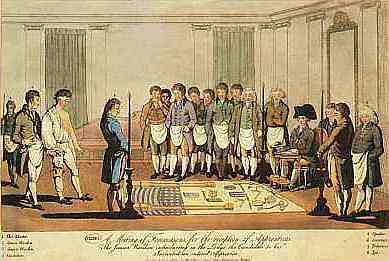
1755: Franz Xavier “Cato” Zwack (second-in-command of the Illuminati), Alexander Hamilton (first U.S. Secretary of the Treasury, primary author of The Federalist Papers), Christian Heinrich Spiess (wrote novels in the Schauerroman genre — parallel to the English Gothic novel), Nathan Hale (American Revolutionary War captain, writer and patriot), Antoine François Fourcroy (French chemist), Stephen Groombridge (astronomer), Samuel Hahnemann (founder of homeopathy), James Parkinson (Doctor, Essay on the Shaking Palsy), Gilbert Stuart (American portrait painter). HONORARY MEMBERS OF PRECEDING GENERATION: Marie Antoinette (French royalty), Louis XVIII (King of France, 1814-15 & 1815-24).
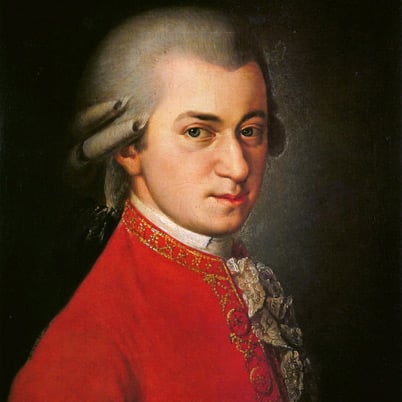
1756: Wolfgang Amadeus Mozart (preeminent composer, noted for large structural harmonic planning), William Godwin (anarchist philosopher, An Enquiry Concerning Political Justice; also wrote Caleb Williams, which is considered one of the first detective novels; mentor to William Wordsworth, Samuel Taylor Coleridge, and Percy Bysshe Shelley — until Shelley eloped with his daughter Mary), Aaron Burr (Vice President of the United States), John Loudon McAdam (invented macadam method of roads), John Trumbull (American Revolutionary painter), Maximilian I Joseph of Bavaria, Pierre Laromiguière, French philosopher.
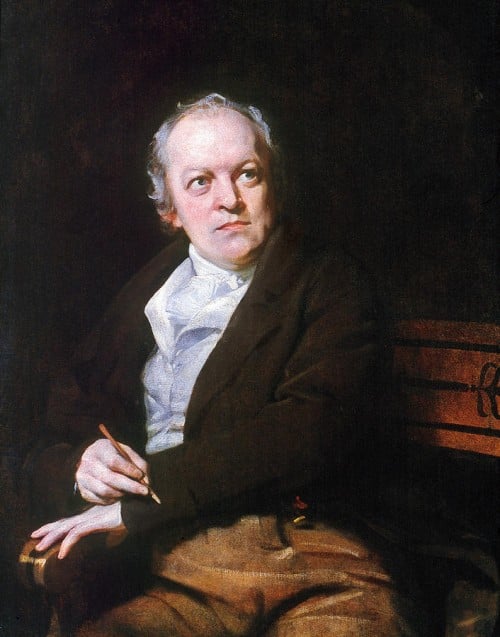
1757: William Blake (proto-Romantic poet and artist), Charles X (King of France, 1824-30), Alexander Hamilton (primary author of The Federalist Papers), Karl Leonhard Reinhold (Austrian philosopher, pioneer of German idealism), Jacques René Hébert (revolutionary of the Paris Commune), Marquis de Lafayette (French revolutionary in America), Charles Pinckney (author of much of the US Constitution), George Vancouver (surveyed the West coast of America), Benjamin Pierce (American politician).
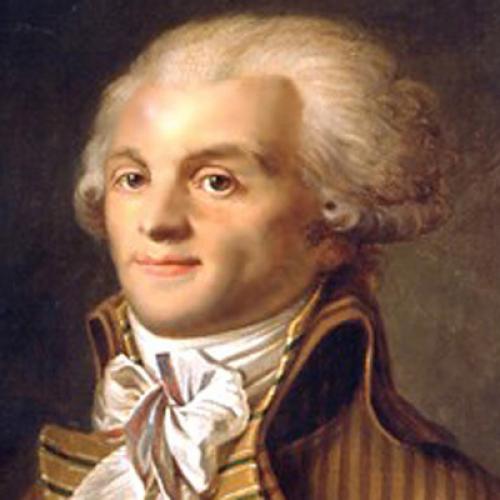
1758: Maximilien Robespierre (French revolutionary, presided over the Reign of Terror), Noah Webster (lexicographer, Webster’s Dictionary), James Monroe (5th President of the U.S.), Lord Nelson (most celebrated British admiral), Jean-Jacques Dessalines (leader of the Haïtian Revolution), Franz Joseph Gall (invented phrenology), Kamehameha I (established Kingdom of Hawaii), Franz Joseph Gall (German pioneering neuroanatomist), Pierre Paul Prud’hon (French painter), André Masséna (Napoleonic general and Marshal of France), Elizabeth Hamilton (English writer), Emperor Go-Momozono.
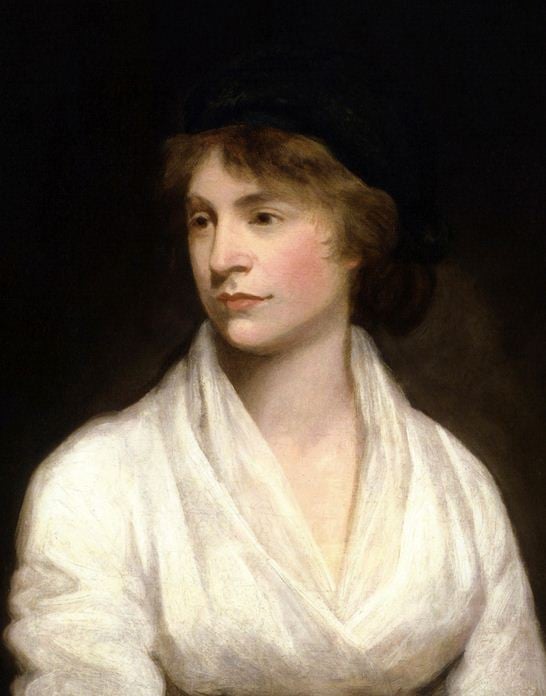
1759: Mary Wollstonecraft (feminist author, Vindication of the Rights of Women; mother of Mary Shelley), Robert Burns (most beloved Scottish poet), Georges Jacques Danton (key figure in French Revolution), William Pitt the Younger (UK Prime Minister), Friedrich von Schiller (German playwright; wrote novels in the Schauerroman genre — parallel to the English Gothic novel), William Wilberforce (British abolitionist), Friedrich August Wolf (German philologist and archaeologist), William Wyndham Grenville (UK Prime Minister).
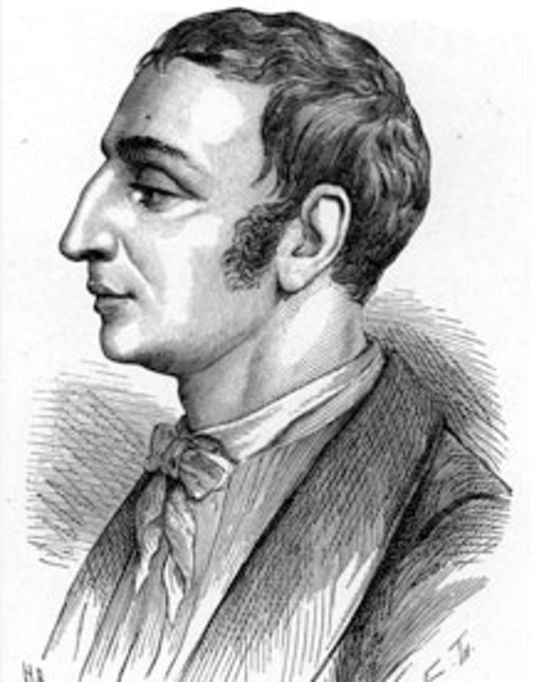
1760: Henri de Saint-Simon (utopian socialist), Richard Allen (founder, African Episcopal Methodist Church), Camille Desmoulins (author, touched off the French Revolution), Hokusai (artist, Thirty-six Views of Mount Fuji), Pope Leo XII, François Nicolas Leonard Buzot (French Revolutionary leader), Deborah Sampson (first American female soldier).
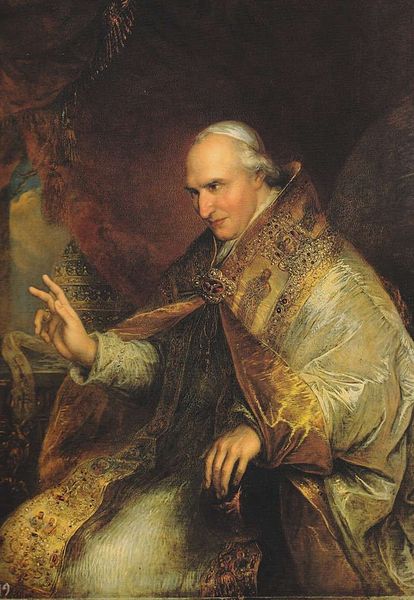
1761: Pope Pius VIII, Gottlob Ernst Schulze (pioneering German idealist philosopher, taught Schopenhauer; his most influential book was Aenesidemus, a skeptical polemic against Immanuel Kant’s Critique of Pure Reason), Henry Shrapnel (invented explosive artillery shell), Madame Tussaud (wax sculptor), François Guillaume Ducray-Duminil (wrote in the roman noir genre — parallel to the English Gothic novel).
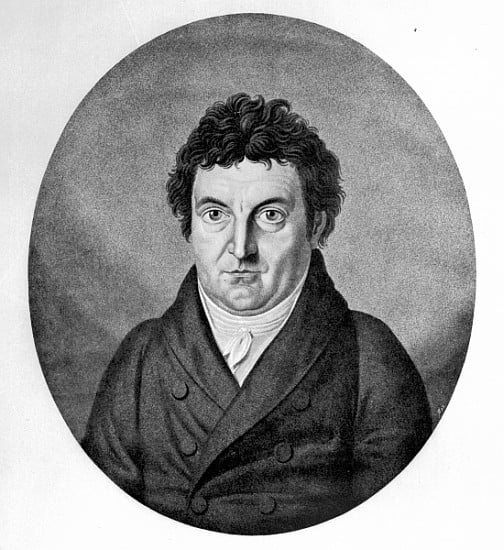
1762: Johann Gottlieb Fichte (German theologian, philosopher, biblical scholar; pioneer of German idealism; anti-Semite; inspired the field of hermeneutics; rejected supernatural element in religion; an early leader in liberal Christianity; a father of German nationalism; Isaiah Berlin claimed that Fichte was one of “Six Enemies of Human Liberty”; Critique of Revelation), King George IV (King of England).
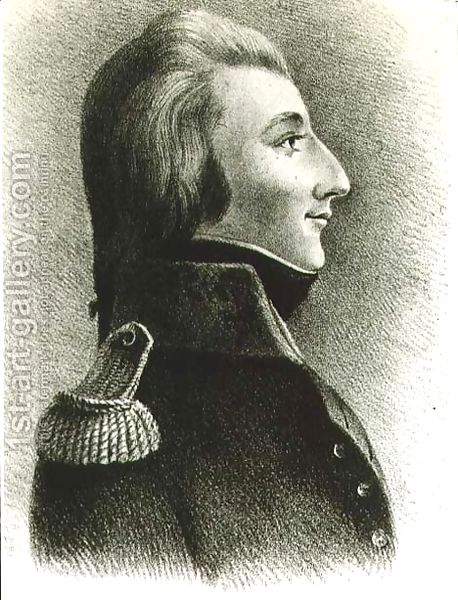
1763: Theobald Wolfe Tone (Irish patriot), John Jacob Astor (wealthiest man in America), Charles Bulfinch (architect of the U.S. Capitol), Josephine (Empress of France), Nicolas-Louis Vauquelin (French chemist, discovered beryllium and chromium), William Cobbett (English pamphleteer, farmer and journalist, successfully publicized the radical movement which led to the Reform Bill of 1832, known for his opposition to authority), Jean Paul (German writer), John Molson (Canadian entrepreneur).
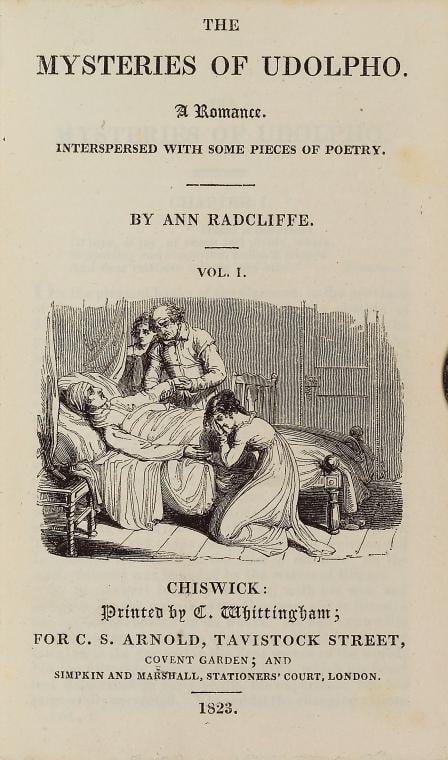
1764: Ann Radcliffe (author of three famous gothic horror novels, said to be much better than those by her imitators: The Romance of the Forest, The Mysteries of Udolpho and The Italian; she developed the technique of the “explained supernatural” and introduced the brooding Gothic villain — Byronic avant l’homme), Fletcher Christian (led the mutiny on the Bounty). HONORARY ORIGINAL ROMANTICS (born 1764): Dorothea von Schlegel (German novelist, important figure in early German romanticism; oldest daughter of the philosopher Moses Mendelssohn, the greatest Jewish philosopher of the Enlightenment; left her husband for Friedrich von Schlegel; hosted a salon frequented by Tieck, Schelling, the Schlegel brothers, and Novalis; contributed to the Schlegels’ journal Athenäum; friend of Germaine de Staël)
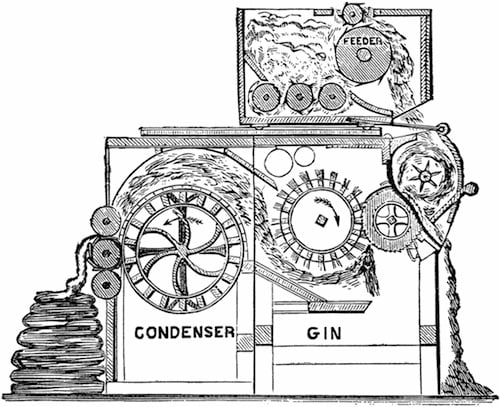
HONORARY PERFECTIBILISTS (born 1765): Eli Whitney (deemed the “father of American technology,” for two innovations: the cotton gin, one of the most important technologies of the Industrial Revolution, and the idea of using interchangeable parts — the beginning of what would become known as the “American system” of mass production), Robert Fulton (artist-turned-technologist, he took steamboat inventions and innovated them into the first viable commercial steamboat service; his genius lay not in invention but in adaptation for the marketplace; steamboat travel was instrumental to the industrial revolution in America, helping manufacturers transport raw materials and finished goods quickly; it also opened up the American continent to exploration, settlement, and exploitation).
